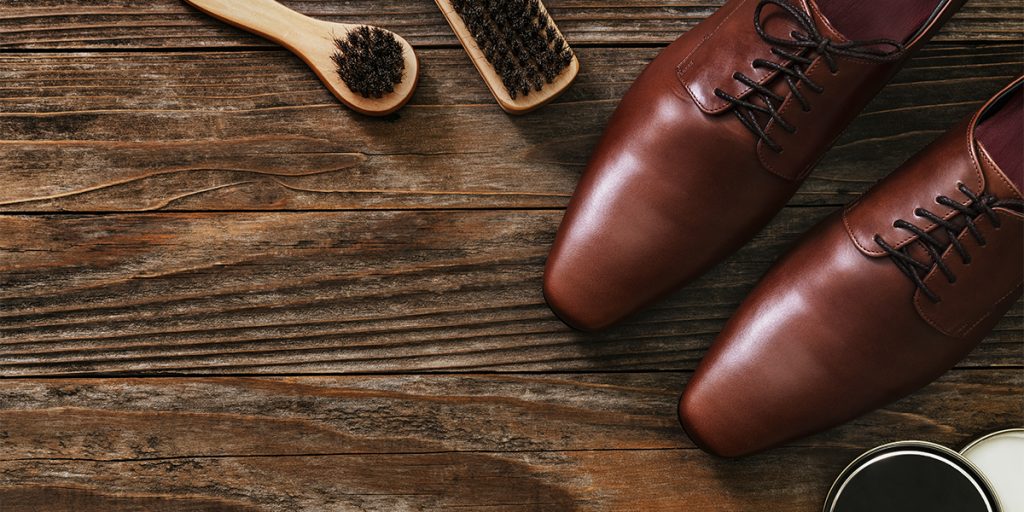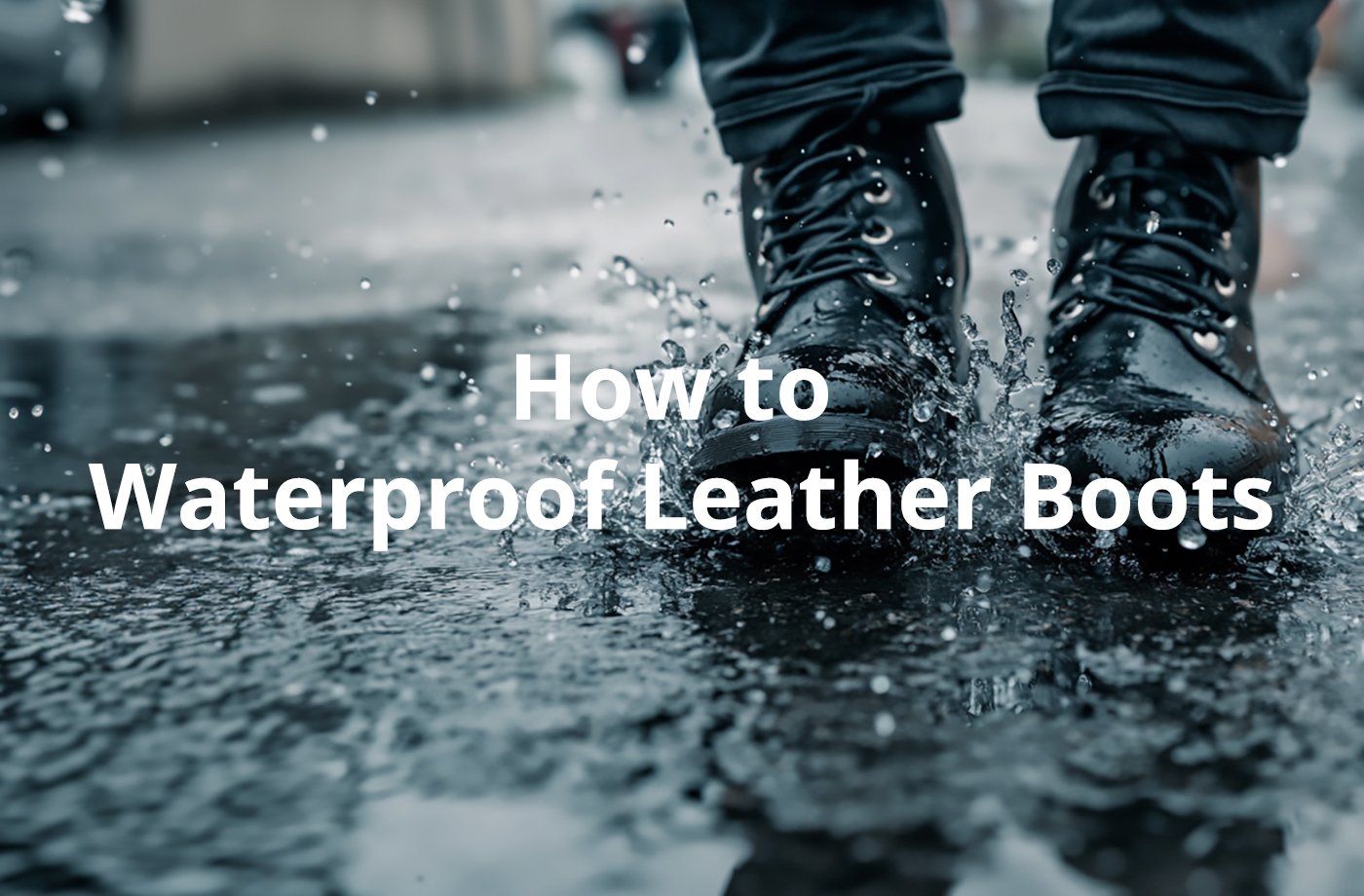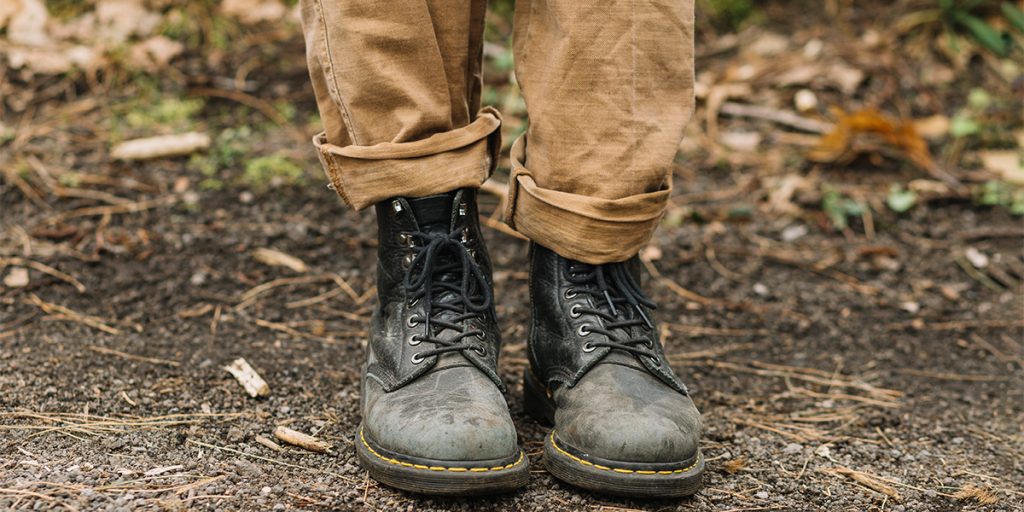There’s nothing worse than watching a brand-new pair of leather boots lose their shine because of rain, snow, or mud.
Stylish and durable, leather boots are a popular choice for many during the rainy and winter seasons, but without proper protection, even the highest-quality leather can crack, fade, or warp when exposed to the elements.
Imagine this: You’re suddenly caught in a downpour, and instead of confidently stepping through puddles, you cringe at every splash, worried your boots won’t make it through the storm. Or worse—after a wet hike, you open your closet to find mildew creeping into the seams of your favorite pair.
We’ll show you how to waterproof your leather boots to keep them protected and in great condition for years to come so you can wear them stylishly all through the day.
When should leather boots be waterproofed?
Waterproofing isn’t a one-time task—it’s a proactive measure to protect your boots from damage and keep them in great condition. Here are the key times to prioritize waterproofing to ensure your boots stay durable and resilient:
1. Before your first wear
New leather boots may look pristine, but they don’t always come with a moisture-proof treatment. Waterproofing them beforehand creates a protective barrier that prevents stains, cracks, and water damage from the start.
2. Seasonal changes
Rainy springs, snowy winters, or humid summers—extreme weather calls for extra protection. Waterproofing before harsh seasons arrive ensures your boots are resistant to water, salt, and mud, keeping your feet dry and comfortable.
3. Before an outdoor adventure
Planning to hike, camp, or explore muddy trails? Pre-treating your boots ensures they can handle rugged terrain while staying breathable and flexible.
What product can I use to waterproof leather boots?
Protecting your leather boots from rain, snow, and mud doesn’t have to be complicated—as long as you choose the right products! Below, we break down three tried-and-true solutions to keep your boots dry, durable, and looking great for years.
1. Waterproofing spray
Waterproofing spray is the go-to for busy boot lovers who want protection without the hassle. Brands like Nikwax and Kiwi offer formulas specifically designed for leather. These sprays create an invisible barrier that repels water while allowing the leather to breathe.
For best results, clean your boots first, then apply the spray in a well-ventilated area. Focus on seams and stitching, as these are where water tends to seep in!
2. Beeswax
Beeswax is a timeless favorite and a durable, eco-friendly option. This natural ingredient not only repels water but also conditions leather to prevent cracking and stiffness. Products like Otter Wax combine beeswax with oils to create a flexible, weatherproof coating that’s perfect for hiking boots or workwear.
Heat the wax with a hair dryer, rub it into the leather in circular motions, and buff with a cloth. Your boots will feel (and look) like armor!
3. Oil care
Oils like mink oil, neatsfoot oil, or mineral oil do double duty: they repel water and moisturize the leather, keeping it soft and preventing it from drying out. Perfect for boots exposed to salt, mud, or freezing temperatures, oils penetrate deep to protect from the inside out.
Apply oil sparingly with a soft cloth, let it dry overnight, and then wipe off any excess. Use it with wax for double protection!
Maintenance tips for leather boots

Waterproofing your leather boots is essential, but regular maintenance will ensure they last and keep their shape. Here are some tips to keep your leather boots looking their best:
1. Clean before waterproofing
Always remove dirt, mud, and debris with a soft brush or damp cloth before waterproofing. Let your boots dry naturally before applying conditioner—this ensures the leather absorbs moisture evenly.
2. Condition regularly
Leather can dry out over time, leading to cracking. Use a quality leather conditioner every 4-6 weeks (or after heavy use) to restore oils and maintain flexibility.
3. Store properly
Store your boots in a cool, dry place away from direct sunlight or heat. Ideally, hang them on a shoe rack to maintain their shape.
4. Avoid prolonged exposure
While waterproofing helps, prolonged exposure to extreme rain, snow, or salt can damage leather. Wipe away stains immediately and let the boots dry slowly (never near a heater!).
5. Rotate your boots
Give your boots a day to rest between wears to allow them to air out and restore their structure.
6. Inspect for wear
Regularly check seams, soles, and waterproof coatings for wear. Address minor scuffs or scratches early to prevent long-term damage.
Conclusion
Waterproofing your leather boots is more than just a chore—it’s an investment in their longevity, comfort, and style. By choosing the right products and sticking to a simple care routine, you’ll ensure your boots can withstand rain, slush, and mud while maintaining their polished appearance.
Whether you’re navigating city streets, hiking rugged trails, or braving a winter storm, a well-protected pair of leather boots will keep your feet dry and give you confidence. Don’t wait until the first storm hits—take action now. Clean, condition, and waterproof your boots today, and they’ll provide years of reliable wear.
Remember: quality boots aren’t just defined by their craftsmanship; they’re maintained by your care. Treat them well, and they’ll see you through every adventure, rain or shine.



0 Comments